There are so many aspects to the art of creating a ceremony that, if you’re planning to book a celebrant, it’s worth really looking into what’s involved. Your investment in a celebrant goes way beyond paying someone to stand up and speak for 20-30 minutes or so.

Opening Up to Inspiration
From the moment I’m booked, ceremony development is happening. It is entwined in every interaction between me and the people I’m serving. My mind is integrating each piece of information I’m given, and I begin creating (in my head if not on the page). Certainly, when I come to the page (blank screen on my laptop or notebook), I’m already hosting an influx of ideas.

Listening
Listening is, I believe, the most important aspect of being a celebrant. By this I mean deep-level listening. This is about more than what you hear. It’s also about what’s not spoken, and having a keen awareness of body language. There’s another listening that happens, too, and for me this is listening to my inner voice (or intuition). This guidance supports me in all my ceremony writing (even, and especially, when my ‘logical’ voice is telling me otherwise).
To listen is to have a solid foundation for what is placed upon that.

Creating
Next comes creating. As a sensual person, my whole being is involved in ceremony creation. I can see it, hear it, perhaps have a sense of the scent of it (if there are perfumery rituals or we’re outdoors), and I really can feel the ceremony in my whole being. THIS, of course, has to be translated to the page.

Choice Making
Before a script is written, there are choices to be made (by me and/or my client), communication, research, considering my reaction to various ideas. Even in scripts with a short turn-around time, such as a funeral, where I’m working to the pressure of having to send off a script within 24 to 48 hours, I still go through the same phases of ceremony development (just in concentrated time).

Unseen Qualities
There is no price that you can put on a celebrant’s experience, creativity, empathy and intuition.
Obviously, we charge a fee as an energy exchange (money is, after all, our cultural currency) for our services but I often wonder about that potency or accuracy of that. For example, coming home from a double-grief funeral, when my heart is split in two from the trauma and tragedy story I’ve walked into and out of, I know that there is no price you can put on being ‘the keeper of stories’. What fee can you place on all the hours of walking beside another in grief?
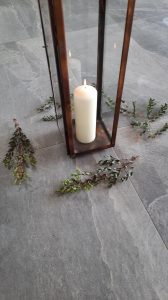
And who holds the celebrant as they integrate all the grief they’ve absorbed from a congregation of mourners? Whether we like it or not, being a funeral celebrant can have a massive impact on our health as we’re having to ‘master’ emergent grief and empathy from spilling out. It takes a toll. And then there’s the stress of making sure a funeral service in a crematorium doesn’t run over time (even though a skilled celebrant writes their scripts to be time sensitive, other timing issues are well out of our control).

As a celebrant who officiates across all rites of passage, many of my ceremonies are happy and joyous. These too, despite the upbeat tone, also carry the weight of responsibility: to ‘get it just right’.
There are times, to the untrained eye, where I might look as if I’m just pottering around the garden admiring my flowers (which I am) but it’s also a quiet space in which to allow ideas to unfurl. Sitting on the sofa in silence, watching flames flicker in the woodstove or standing in a steamy shower are also times for ‘creating ceremony’.
My creativity isn’t marked by being at the laptop from 9am to 5pm. This is no ordinary job. I don’t actually see celebrancy as a job so much as a way of life. It is a constant energy exchange between me, the world around me, and the people I serve.
So I’m just as likely to be celebranting (creating ceremony) while cooking up a curry, watching rain drops slipping down the window pane, gathering raspberries at sunrise, or out walking in the woods.
Wherever I am, and no matter the time of day, all these places and moments have one thing in common: my heart. And this ‘ol heart is what takes me through each moment of ceremony development.

Veronika Robinson has been officiating ceremonies since 1995. She’s also a celebrant trainer for Heart-led Celebrants, and editor of The Celebrant magazine. She officiates ceremonies from Callanish to Cornwall, though primarily works in Cumbria.



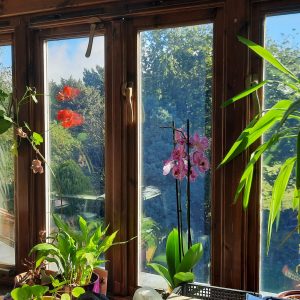

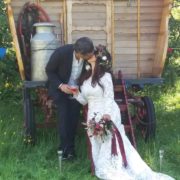


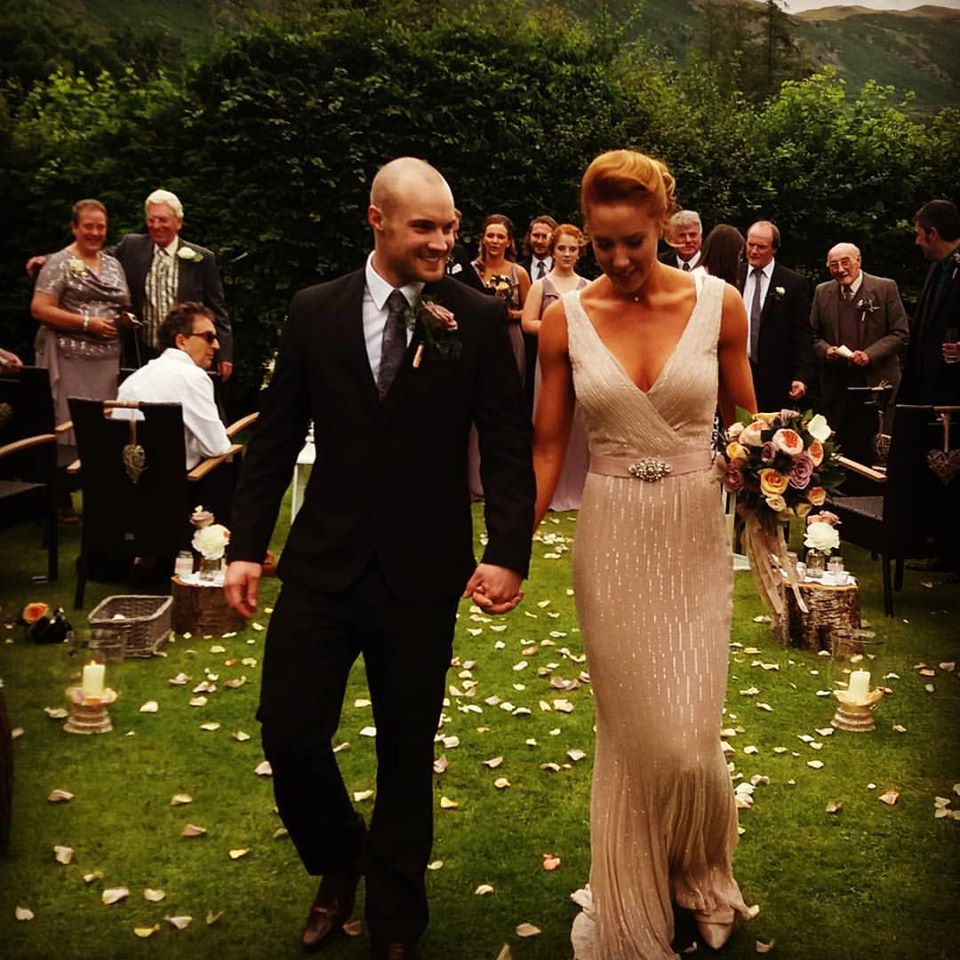
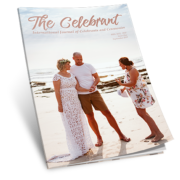


Leave a Reply
Want to join the discussion?Feel free to contribute!